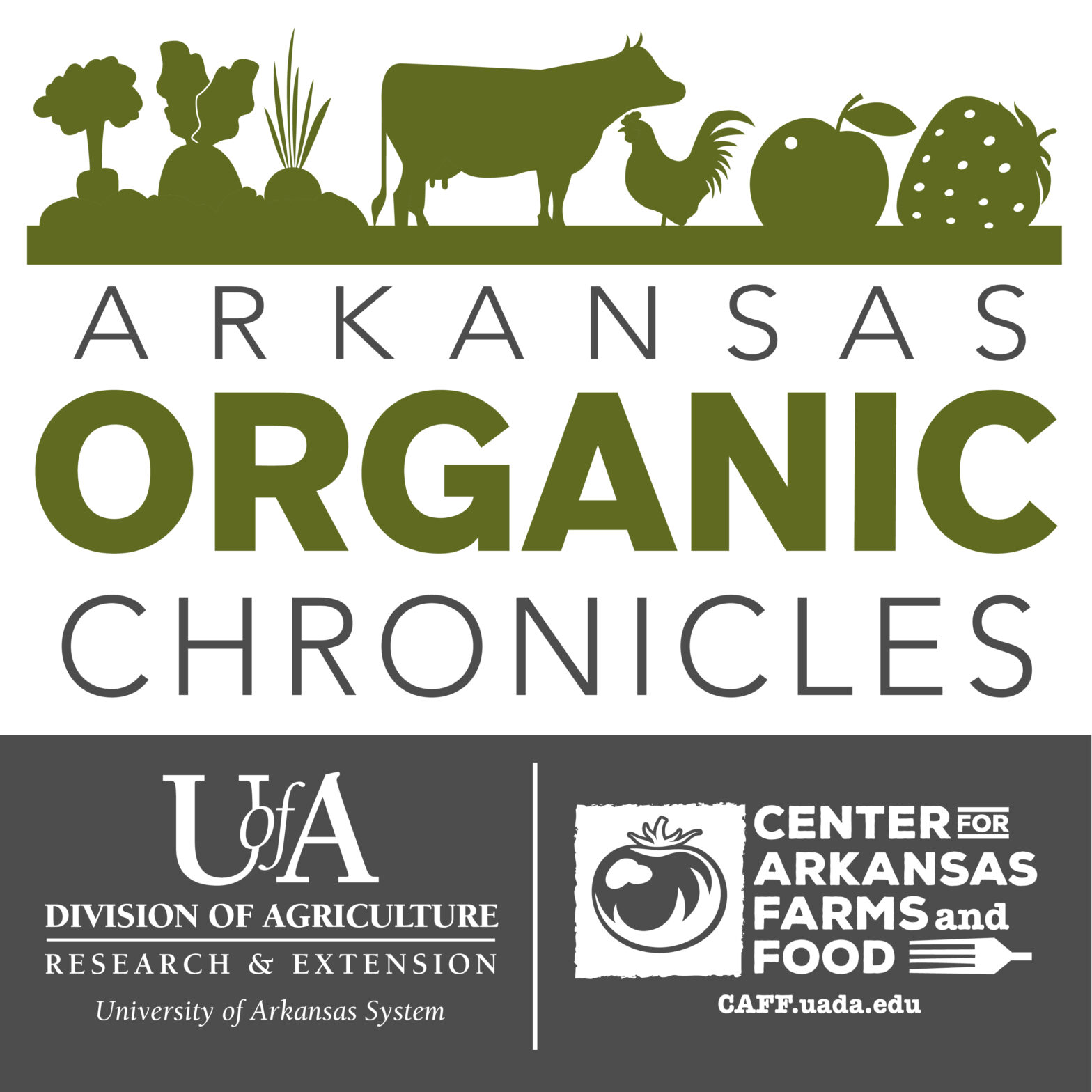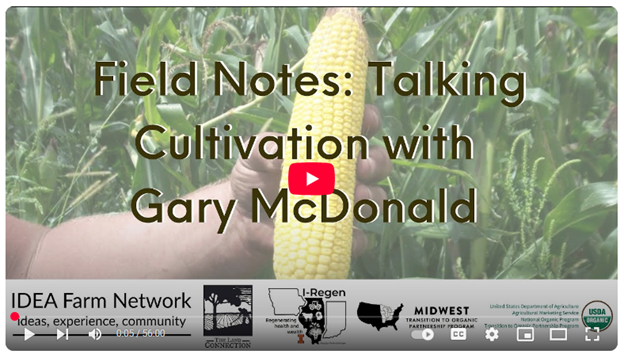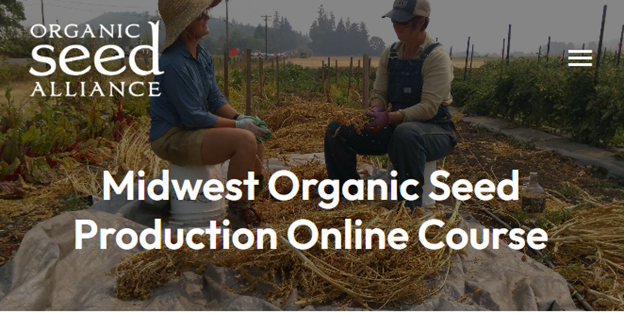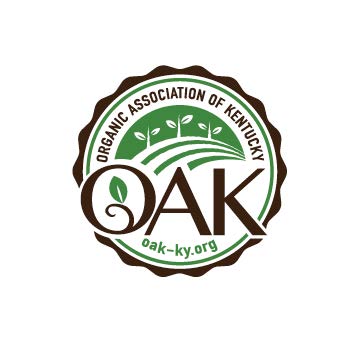It’s March and Luke and Joe are back for another live episode! In this episode they talk about cover crops and supplemental nitrogen sources.
Resources Category: Organic Crop Production
Explore best practices in organic crop production. Get expert tips on soil management, crop rotation, and sustainable farming techniques to boost your organic yields.
Arkansas Organic Chronicles Podcast Live Q & A with Luke and Joe – NWA Regional Farming Gathering (Center for Arkansas Farms and Food)
Arkansas Organic Chronicles podcast series – live Q & A discussion from NWA Regional Farming gathering with Luke and Joe from the Center for Arkansas Farms and Food.
Arkansas Organic Chronicles Podcast Live Q & A with Luke and Joe – Starting Seeds (Center for Arkansas Farms and Food)
Arkansas Organic Chronicles podcast series – live Q & A discussion about starting seeds with Luke and Joe from the Center for Arkansas Farms and Food.
Arkansas Organic Chronicles Podcast Live Q & A with Luke and Joe (Center for Arkansas Farms and Food)
Arkansas Organic Chronicles podcast series – live Q & A with Luke and Joe from the Center for Arkansas Farms and Food.
Putting Cover Crops to Work with Dr. Amanda McWhirt: Arkansas Grown Conference Session (Center for Arkansas Farms and Food)
Fruit & Vegetable Extension Specialist Dr. Amanda McWhirt @ARfruitveg provides an overview of how cover crops can be utilized on organic farms.
Field Notes: Talking Cultivation with Gary McDonald (The Land Connection-Illinois)
The Land Connection sat down with farmer, organic consultant, and educator Gary McDonald to talk cultivation.
Organic Seed Commons Network (Organic Seed Alliance)
Organic Seed Commons is a space for anyone engaged in seed work. Whether you’re a commercial seed producer, cultural seed keeper, on-farm plant breeder, university researcher, an experienced seed saver or just getting started.
Midwest Organic Seed Production Online Course (Organic Seed Alliance)
This self-paced, interactive course will explore the biological, technical, economic, and socio-political aspects of organic seed production.
Field and Tunnel Maps Template (Organic Association of Kentucky)
Use this spreadsheet to map out your crop and rotation plan as you build it and throughout the growing season.
Organic Vegetable Crop Planning Tool (Organic Association of Kentucky)
Use this spreadsheet to establish a new crop production plan or organize your existing one. This template allows farmers to generate separate greenhouse and planting schedules from a primary crop plan.








